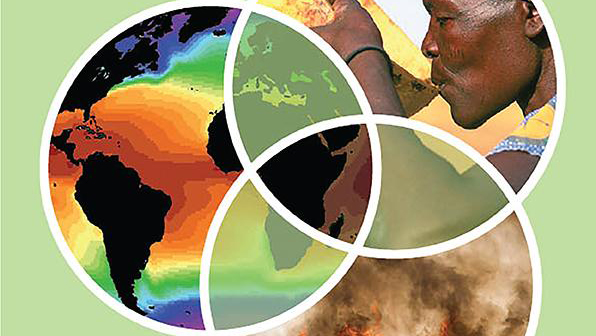Learning the lessons of Climategate

A decade after Climategate, climate change may be established as a social fact, yet the after‐effects live on.
This Advanced Review assesses the impact of Climategate on public talk about climate change in the last decade.
Reviewing academic articles, blogs, reports, books, and media articles, we identify three norms that set the foundations for Climategate to be seen as a scandal: (a) using scientific consensus to justify climate policy; (b) that openness is fundamental to validating scientific knowledge; (c) that the public was conceived as passive recipients of scientific knowledge rather than participants in dialogue.
We then review developments since Climategate, that have seen some groups attempting to shore up these norms, while others have seen an opportunity to change the boundaries of public engagement around climate science.
We describe this as a cosmopolitan moment in the public life of science: an opportunity to forge a public culture comfortable with the epistemic diversity and ambiguity inherent to climate change, and yet a culture that can also reason together in the public good.
Finally, we assess the implications of Climategate's mixed legacy on contemporary climate change debates, emphasizing that cosmopolitan knowledge provides a means to craft effective, open, and fruitful approaches to public engagement around climate change.
